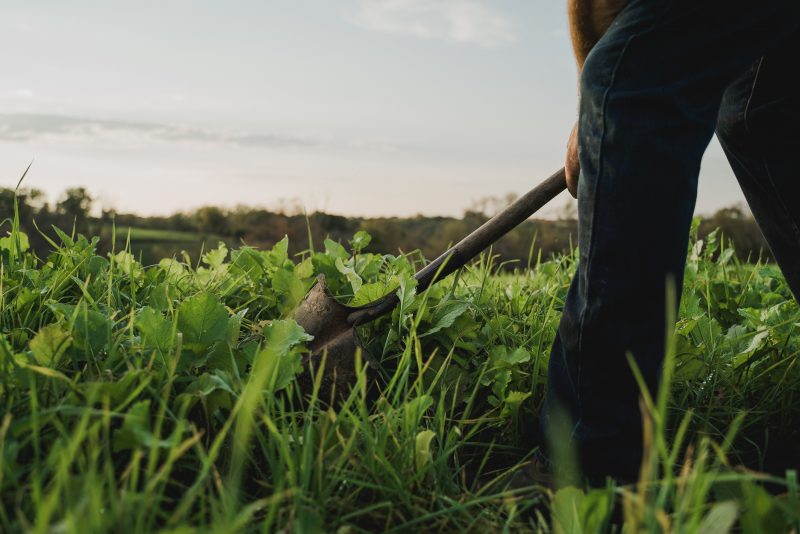Big Ag and its friends in Congress hope to send more money into the pockets of a few mega-sized commodity farms through one of the most popular commodity programs in the Farm Bill — crop insurance. This windfall will be at the expense of working lands conservation programs and small and mid-sized farms.
Their proposal is to increase reference prices, which are payments to farmers when the market price of an eligible non-perishable commodity crop drops below a certain level. To fund this effort, they are eyeing raiding dollars from crucial conservation programs like the Conservation Stewardship Program (CSP).
If enacted, these increases would benefit less than 0.3 percent of farmers and would cost between $10 and $80 billion.
With public funding already failing to match the demand for working lands conservation programs, it’s particularly concerning that folks like House Agriculture Chair G.T. Thompson (R – PA) are publicly calling for raiding these dollars to further subsidize the biggest of the big, calling this plan the solution that farmers truly need.
The best way to support farmers isn’t by making it easier for the wealthiest farmers to access tax dollars by way of subsidies. It’s by giving farmers the tools they need to build resiliency and diversify, ensuring small and diversified farms have an adequate safety net in the face of climate change, combatting corporate consolidation across the agricultural sector, expanding local markets and processing, getting more farmers on the land, and more.
The 2023 Farm Bill is currently being drafted and should be introduced in the coming weeks. Now is the time to demonstrate widespread public support for protecting and expanding upon USDA conservation programs.
Could you take two minutes to urge your members of Congress to fight to protect and expand upon conservation programs in the 2023 Farm Bill?
Take Action Here
When farmers have tools in their toolbox to innovate and build resiliency on the land, their farms, our ecosystems, and our communities are given greater opportunities to flourish. Increasing reference prices will only benefit the largest, wealthiest farms and take tools away from farmers to build healthy, resilient landscapes.
Regardless of your role in our farm and food system, your voice is needed. The 2023 Farm Bill is being drafted as you read this e-mail. Please take action today!
Check out our Farm Bill landing page to learn more about LSP’s 2023 Farm Bill priorities.
